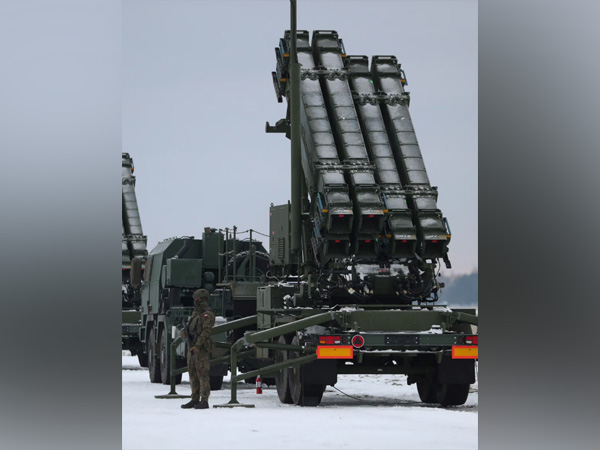Taiwan Escalates Missile Acquisition Amid Rising China Tensions
Taiwan plans to acquire over 1,000 additional Stinger missiles to enhance defense capabilities against China's increasing military activities. The decision highlights urgency for effective countermeasures, as delays from the US continue to impact Taiwan's defense preparedness.

- Country:
- Taiwan
The Taiwanese Ministry of National Defence has announced plans to purchase over 1,000 additional Stinger missiles to bolster its defense capabilities in light of escalating military activities from China. This move underscores the urgent need for more effective countermeasures. Both the Army and Navy previously ordered 250 Stinger missiles each in 2019 and 2015 respectively. However, current threats from China have prompted the Army to place an order for 1,985 additional Stinger missiles from the US at an estimated cost of NT$55.54 billion, according to a report by Liberty Times.
The Army's acquisition includes 549 launch systems and an equal number of identification, friend or foe (IFF) systems. These are scheduled for delivery by 2031, as detailed in the Ministry's 2025 budget report. Similarly, the Navy aims to procure 45 man-portable Stinger missiles, alongside 15 launch systems and 15 IFF devices, also expected to arrive by 2031.
Despite these planned acquisitions, the military has not clarified whether the new purchases are included in the Army's procurement plan. The Navy has been persistently urging the US to expedite the delivery of 250 Stinger missiles, issuing 11 letters since March. This reflects a broader pattern of delays in arms deliveries from the US, which have hindered Taiwan's defense enhancement efforts since 2019. The initiative to procure additional Stinger missiles from the US originated during the tenure of former President Tsai Ing-wen, aimed at fulfilling air defense needs and preparing for increased live-fire exercises as conscript service terms are extended to one year.
(With inputs from agencies.)
- READ MORE ON:
- Taiwan
- Stinger missiles
- defense
- China
- military
- US arms deal
- NT$55.54 billion
- Navy
- Army
- air defense
ALSO READ
U.S. Military Strikes Back: Retaliation Against Islamic State in Syria
US Military Ends 'Live Fire' Animal Training for Medics
US Military Retaliates: Operation Hawkeye Strike Targets ISIS in Syria
U.S. Military Maneuvers in the Caribbean: No Fear of Russian Escalation
Slovakia's Stance: No Military Aid for Ukraine










